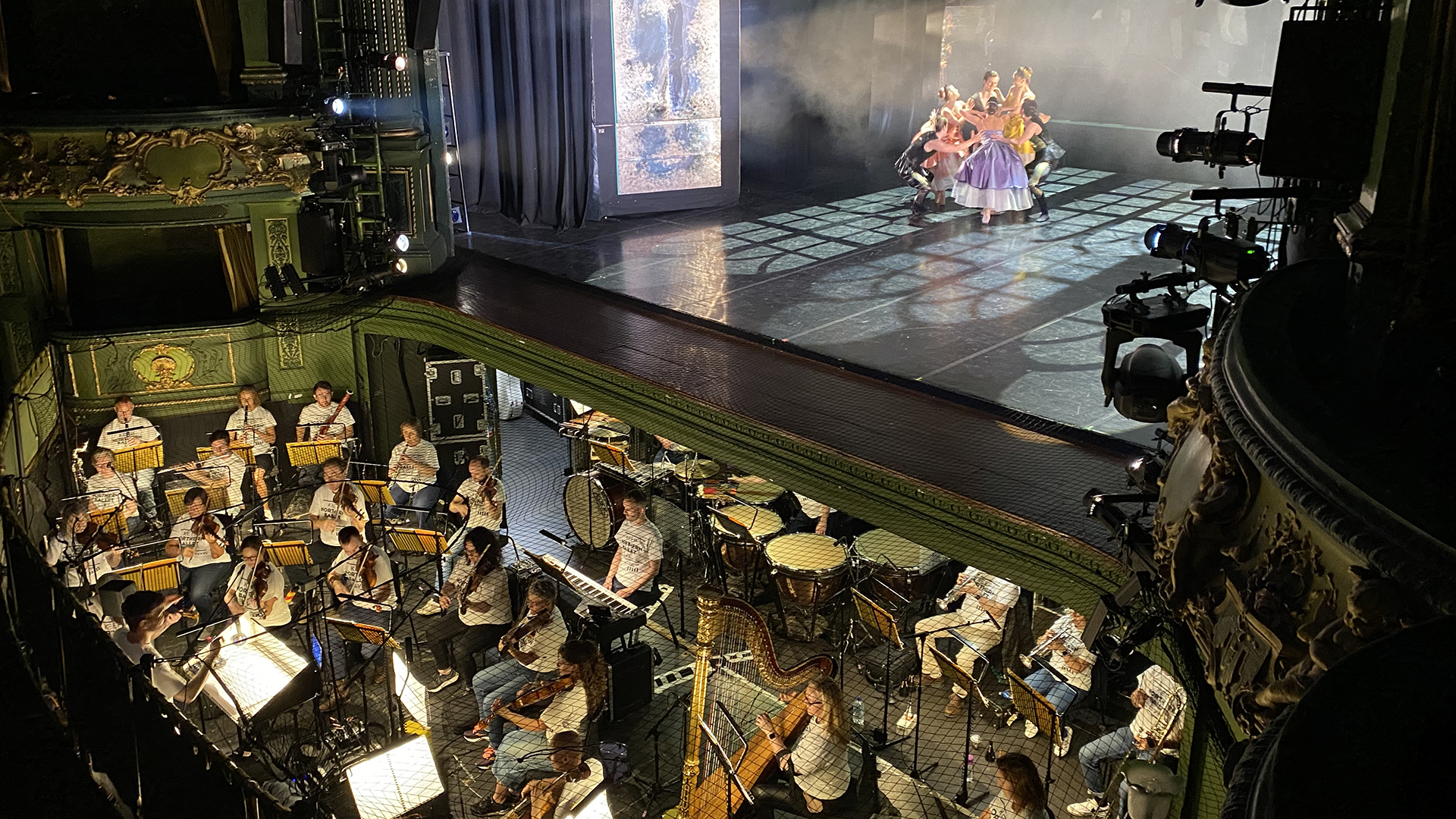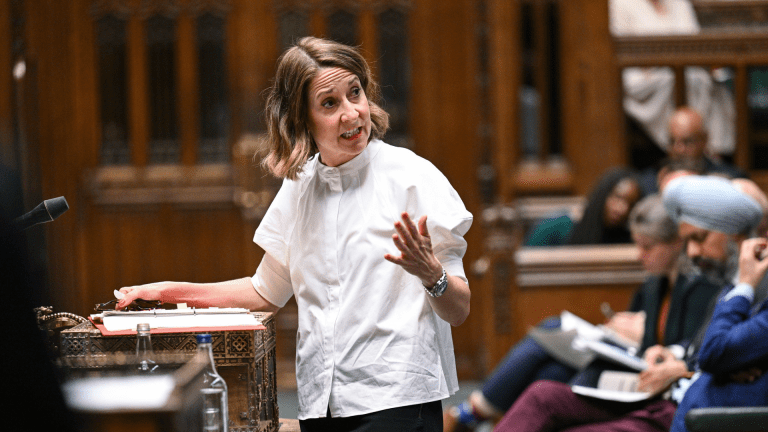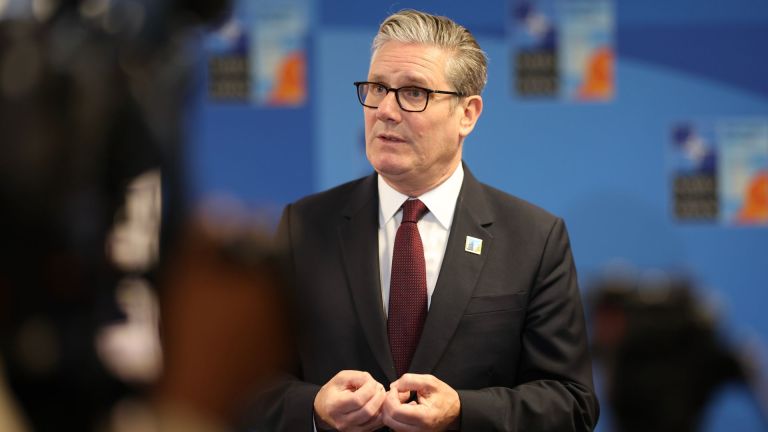There is a crisis unfolding in the UK’s arts sector. Stagnant public funding, combined with super-inflation and the cost of living crisis, has left many ballet and opera companies on a cliff edge.
Under 14 years of this Conservative government, arts funding in England has been reduced by £178m in real terms. And England is not alone; the problem is UK-wide. The Welsh government has cut arts and culture by 10% in its draft budget for 2024/25, and the overall Scottish culture budget is 6% smaller than in 2022-23, in real terms.
Many cultural institutions are being stretched beyond their financial limits as they try to deliver their commitments to funders and audiences with considerably less money and resources. Our members, professional musicians who mostly make a living freelancing, are at the sharp end of cuts to creative output. Smaller productions, less touring and fewer employed posts lead to a shrinking of opportunities for freelancers who already live precariously. It’s a perfect storm.
The Musicians’ Union (MU) recently carried out a Musicians’ Census, in partnership with the charity Help Musicians, with 6,000 respondents who reported an average annual income of around £20,000 from their work in music. This is the same average income evidenced in a survey of MU members from 2013.
So, how are musicians responding to the crisis? One stark example of the impact of funding issues is Northern Ballet, which is replacing musicians in its orchestra with recorded music for some touring productions. The core group of musicians, known as the Northern Ballet Sinfonia, are already on freelance contracts and some report relying on food banks to survive.
Since the reduction to their work was announced, the Northern Ballet Sinfonia has been out in force leafleting audience members and fellow musicians across the orchestral sector have signed petitions and sent messages of support. The fear is that this cut is a slippery slope and a recording being used in place of the company’s orchestra is a precedent our members won’t tolerate. The union won’t authorise the recording and the musicians have refused to make it, so we are in dispute and waiting for the Northern Ballet’s next move. It isn’t a position we want to be in, and the company is in dire straits. They need more financial support, and urgently.










